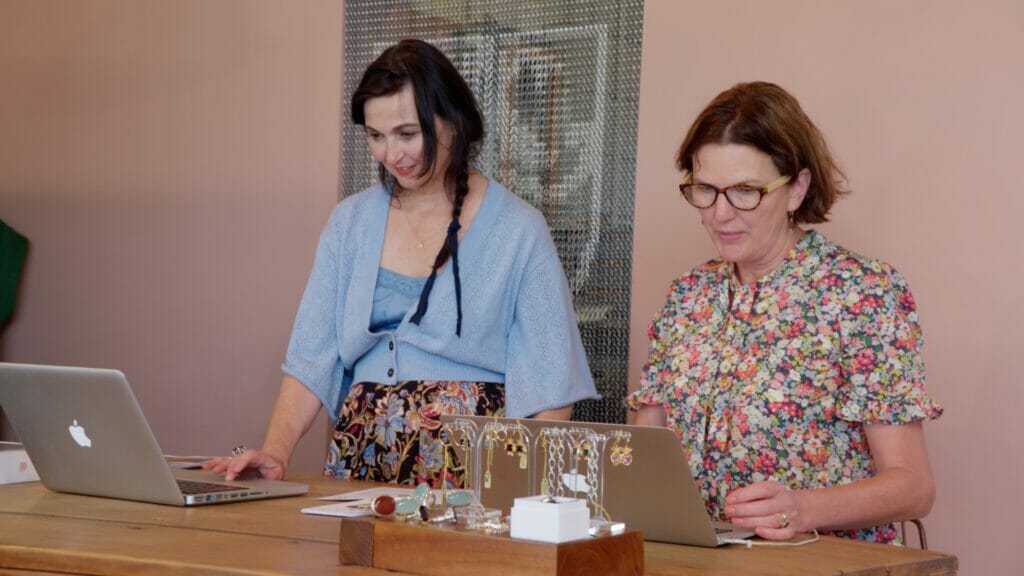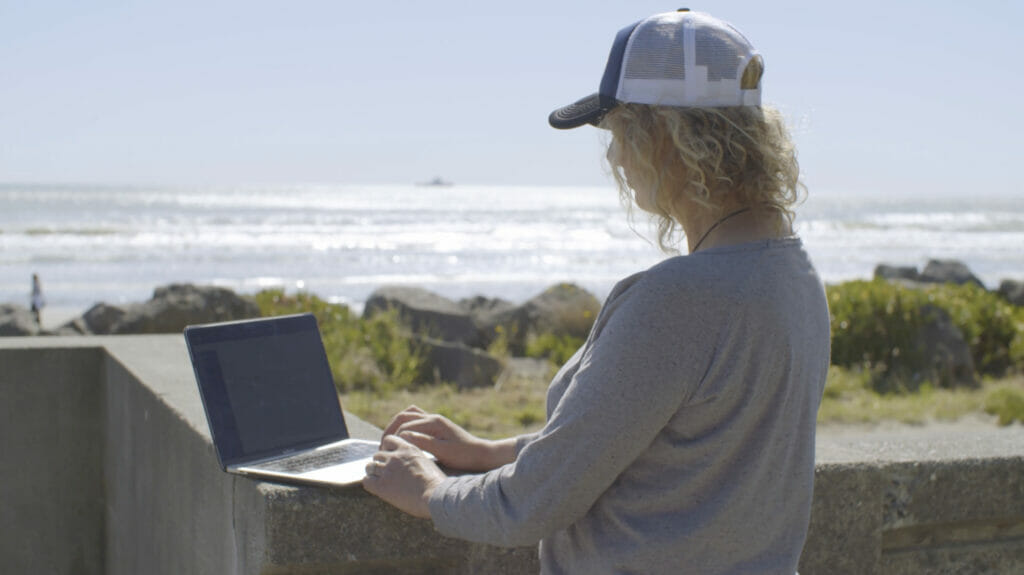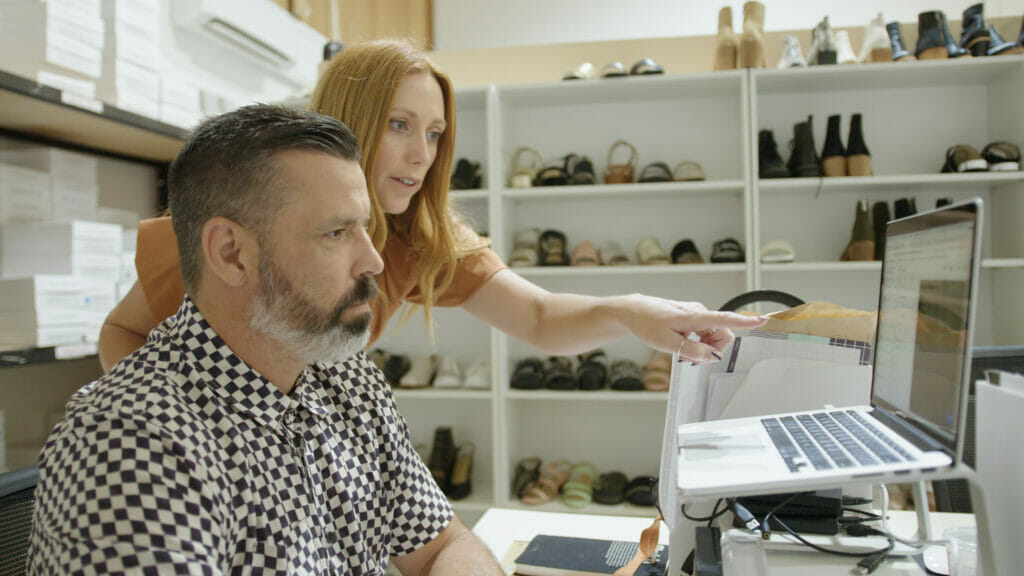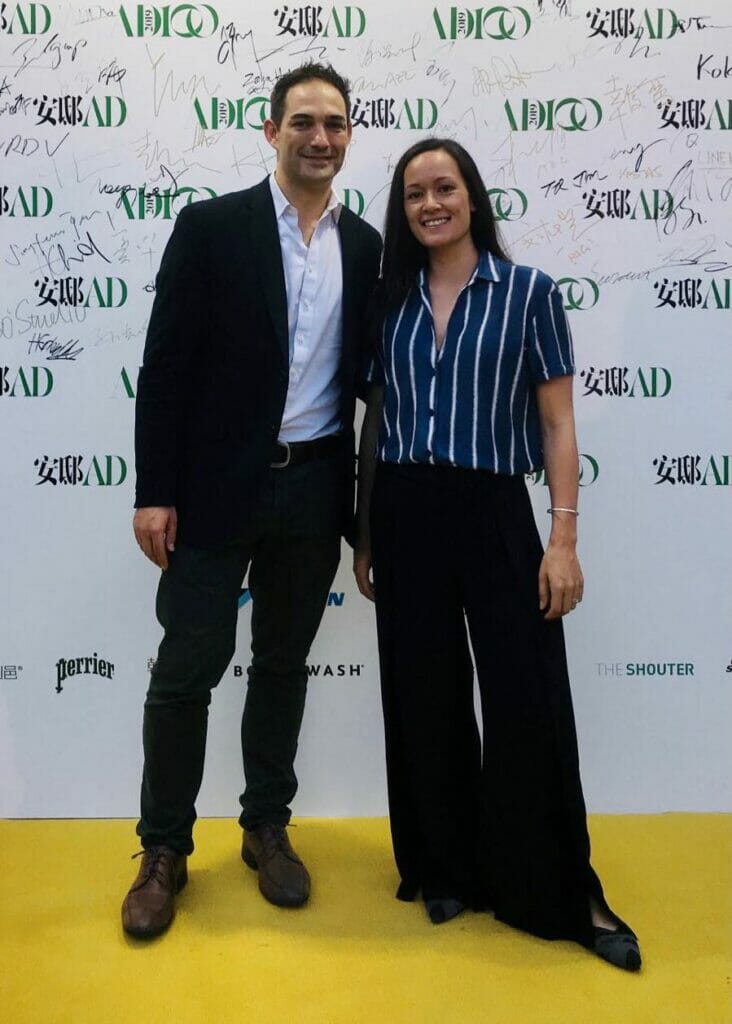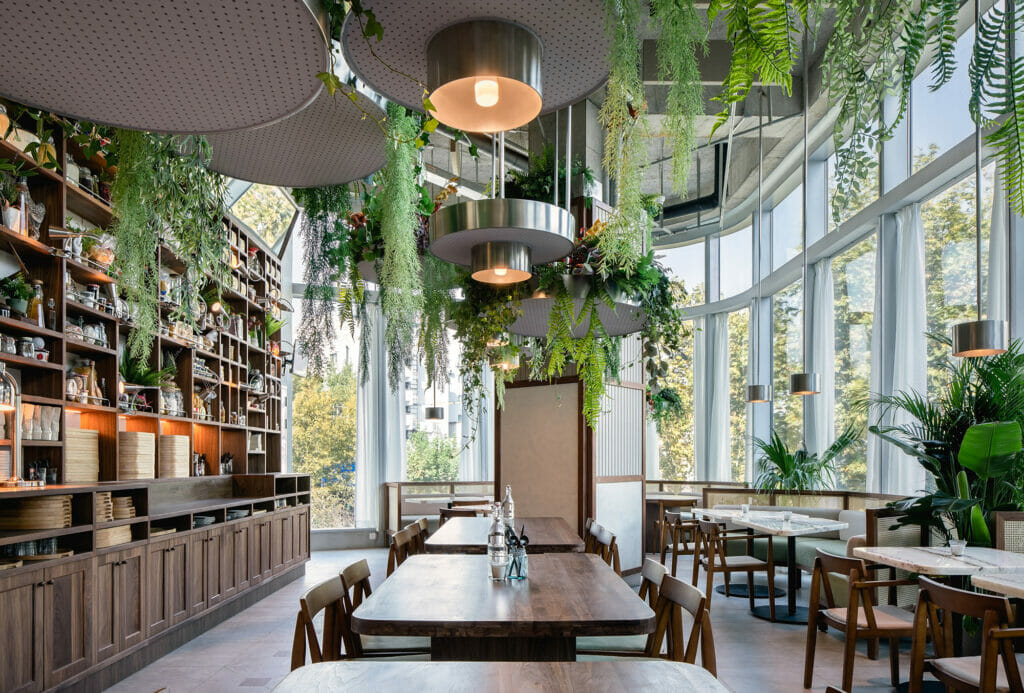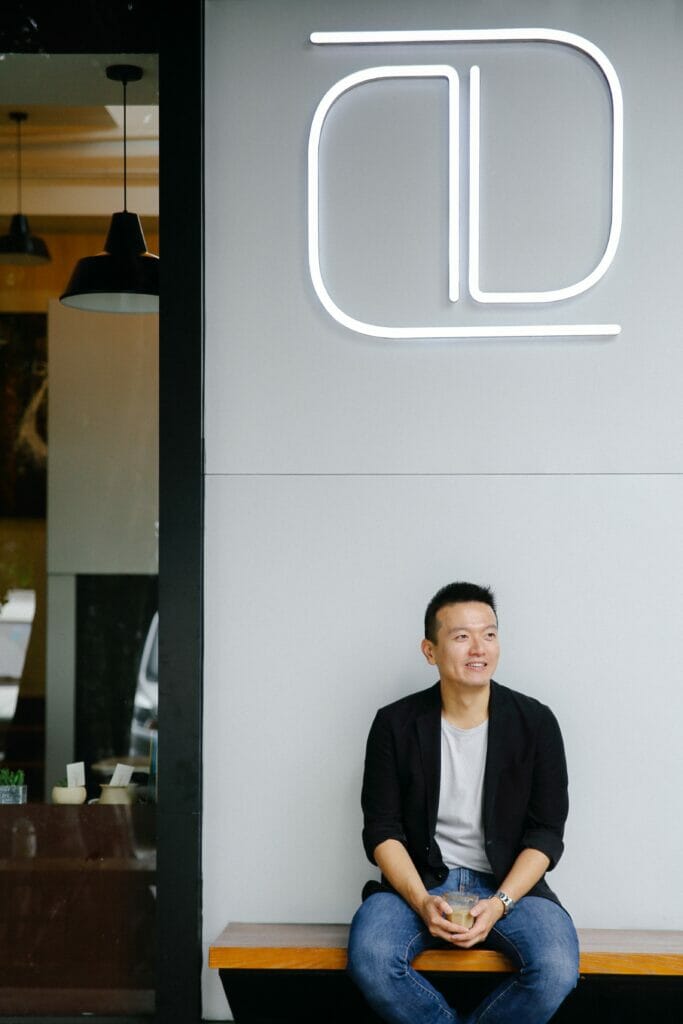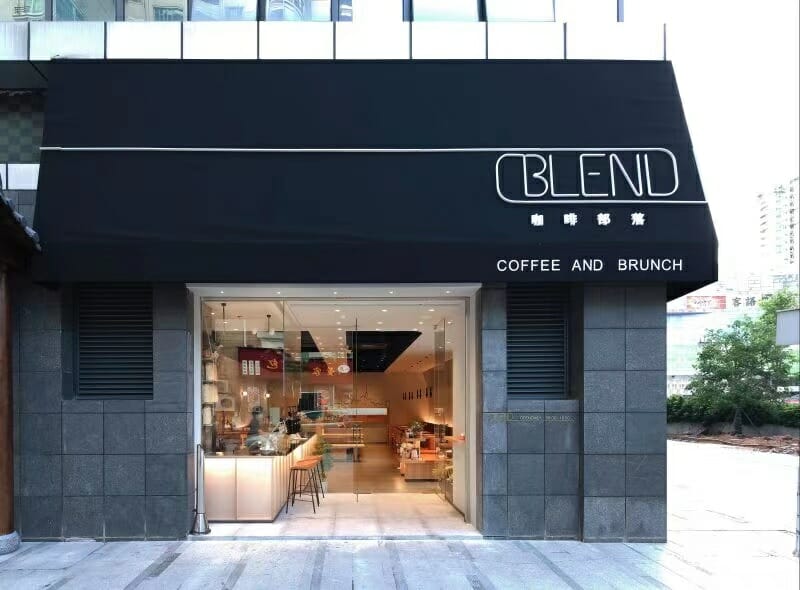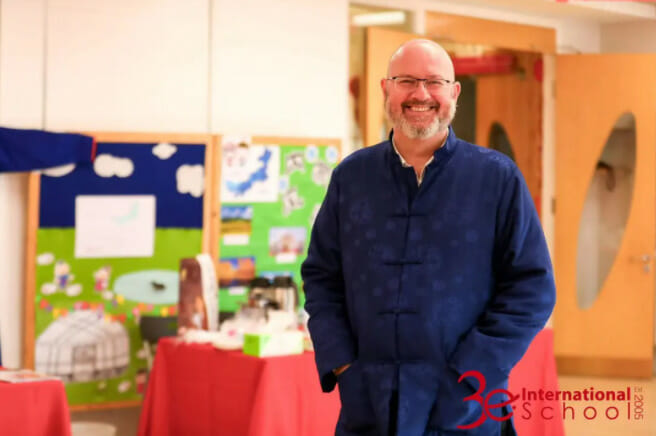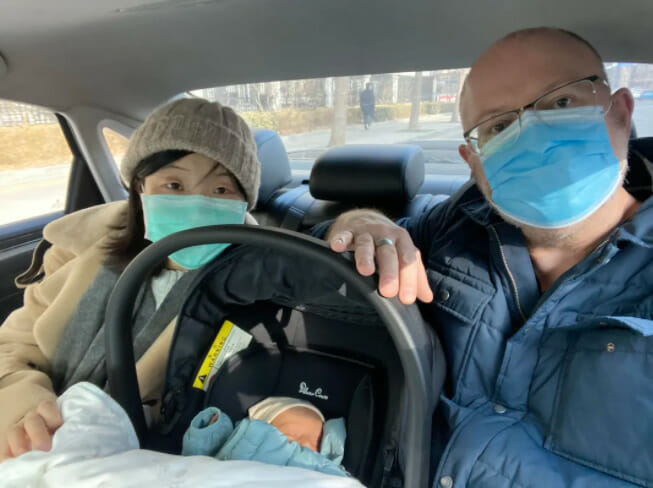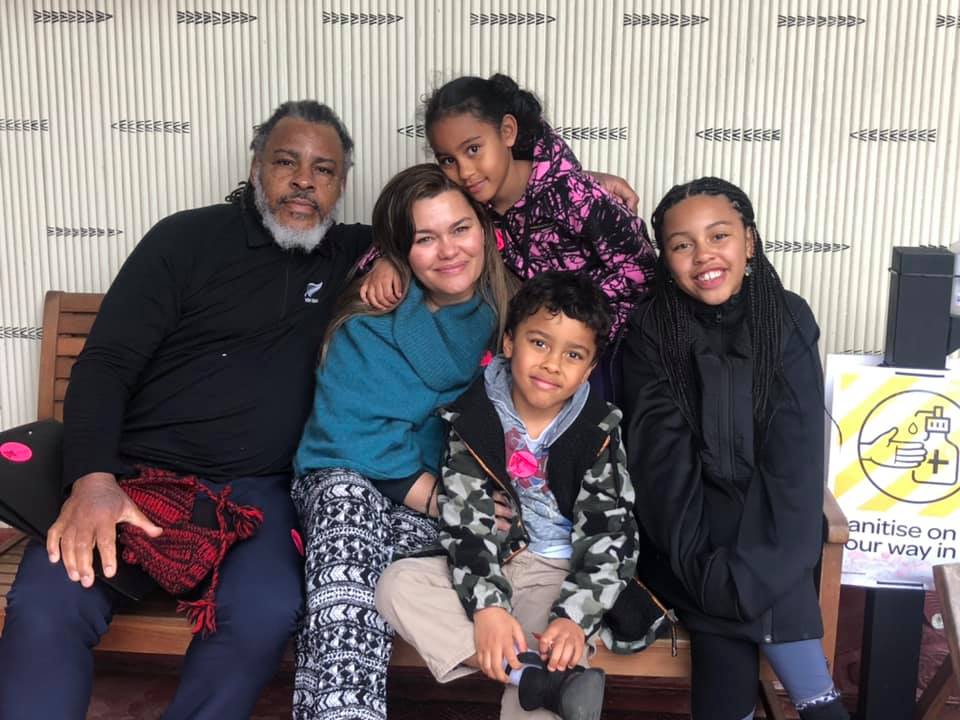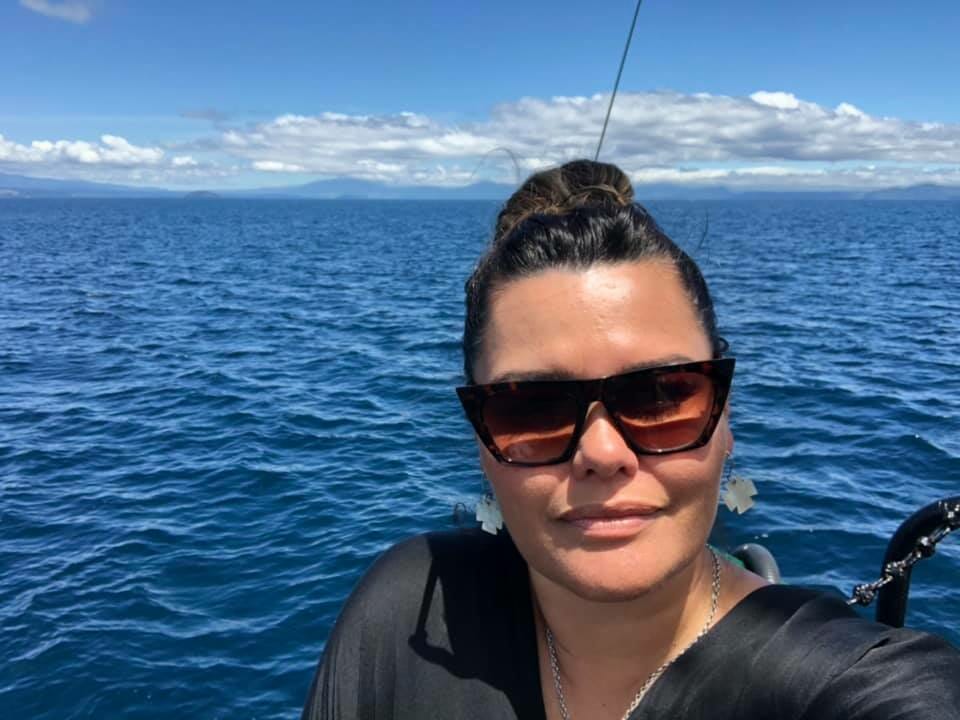Your career in journalism has spanned much of the globe. Can you give us some background into the last few years, and a couple of highlights from your global experience?
Joining Reuters News Agency after spells as a kid on New Zealand newspapers was transformational and I spent 15-years around the world. I was fortunate to cover stories from the fall of the Soviet Union, to Nelson Mandela’s election, and the first Gulf War. I moved into digital news at The Times, Microsoft, and CNN. In the US, I led an investigative reporting group, which did the Panama Papers. I’ve been very lucky.
How has the media landscape changed over the course of your career?
I have managed to work at reputable organisations with strong ethics. Journalism is still the “rough first draft of history” rather than being definitive. We’ve never had more access to higher quality journalism: there was no past golden age, it’s now. The financial challenges of an advertising-led business model are clear but I fear the move to subscriptions will mean more and more high-quality sources are closed off and that the free space risks being left to sensational journalism and misinformation.
In an age where fake news is more prevalent than ever and mistrust in journalism is growing, where do you believe the future of media is heading?
Media organisations have brought some of this on themselves by blurring what is opinion and news, let alone entertainment, which leaves readers confused as to what the intent is. There’s also a general trend in society to favour belief over fact which is evident in New Zealand. Fortunately, during Covid-19, New Zealand has been well-served by politicians, experts, and to a large extent media. I think brands that stand clearly for trust and accuracy will do well.
What influenced your decision to return to Aotearoa?
I came back for a family funeral and then the first lockdown happened. I normally live in the UK and there has been very little good reason to go “home” and every reason to re-embrace Aotearoa. I have also been very fortunate – after so many years away – to have some fascinating work projects here. I’m grateful.
What has your work looked like since returning home? What differences are there between NZ media and outlets you’ve worked for around the globe?
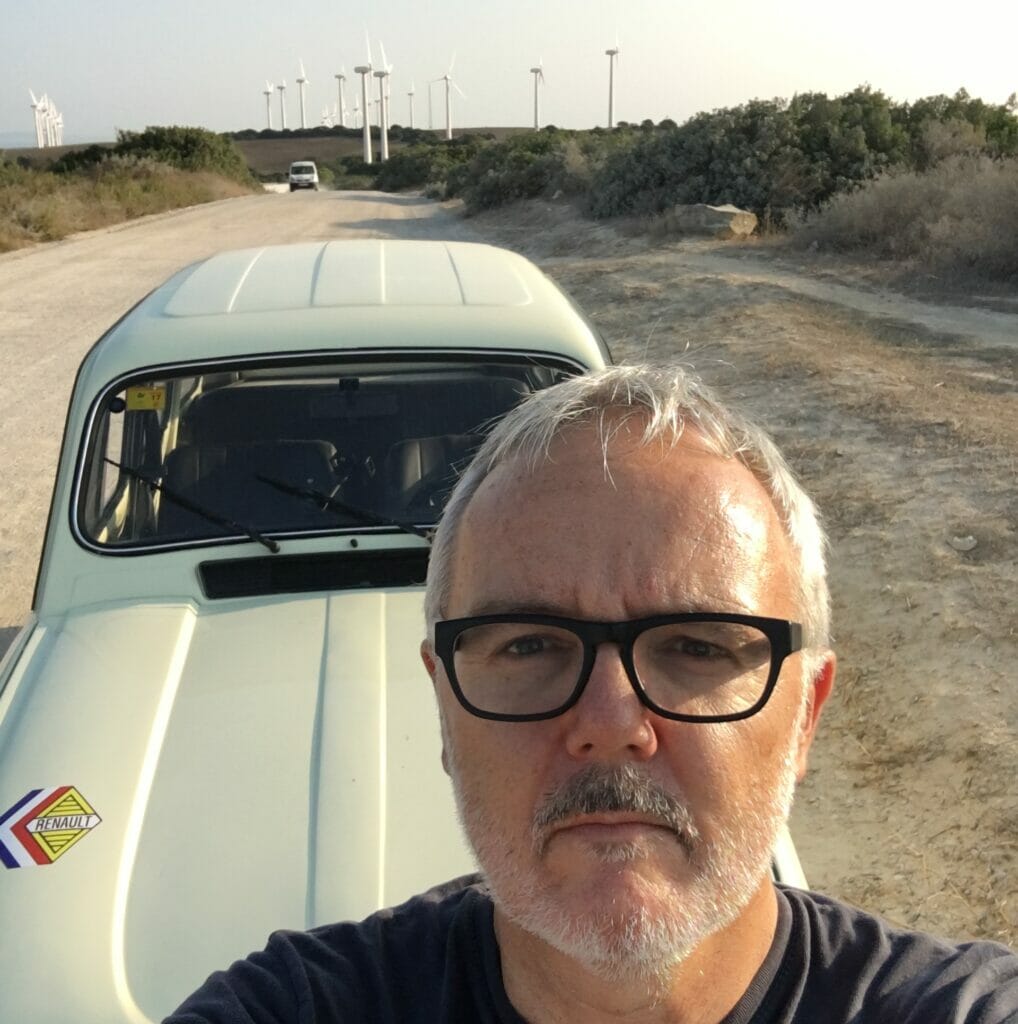
I recently judged some investigative news nominees for the Voyager Awards and was deeply impressed by the quality of the work and the commitment of news proprietors to funding it. It’s great to see start-ups like Newsroom, Business Desk, and The Spinoff doing so well. I have written the odd thing for all three. I did a wonderful project with New Zealand On Air related to public interest journalism, and I’ve consulted to Sinead Boucher since she bought Stuff – which is one of the most interesting media projects anywhere in the world. New Zealand is well served by public and commercial media and I suspect a renewed emphasis on quality and a focus on trust will help raise standards. Personally, I’d like a little less “New Zealand exceptionalism” which I’d hope we abandoned since the days of cultural cringe when we asked visitors if they liked New Zealand on the tarmac at Mangere.
What has your experience been of resettling here after living so many years abroad?
I’m grateful to have been accepted back in a professional sense. On a personal level it has been quite discombobulating, but I have a wide whānau to reconnect with more deeply than you do on holidays. I am well aware how fortunate I have been to be in New Zealand during the pandemic and I respect how the government, citizenry, and media have handled the science and the rebound.
What would your advice be to Kiwis looking to do the same?
This period of a diaspora returning is remarkable. I’ve met – often through Kea – great talents in all sorts of fields. It means having or reactivating networks and I think in some industries that can be more difficult. You absolutely can’t swagger in with a “don’t you know who I am attitude”. You have to respect those who made different choices and made a contribution to New Zealand by staying.
What do you believe the opportunities are for New Zealand in 2021 and beyond?
I sometimes worry that there is an anti-growth climate in New Zealand and yet there is a vibrant start up culture and some world-leading innovation as well as established world-class companies. It would be great to see returnees creating new businesses and adding talent to existing firms to create a burst of activity and growth. The opportunity to capitalise on that returning talent (and I don’t mean me) is immense and I hope investors, employers, and colleagues can embrace that stimulus.
COMING HOME?
Resources
We’re here to support returning Kiwi. Here’s our list of resources to help you plan your return and next steps.
Jobs
Looking for a new role in New Zealand? Visit the Kea job portal and find your next career opportunity.

 MENU
MENU

